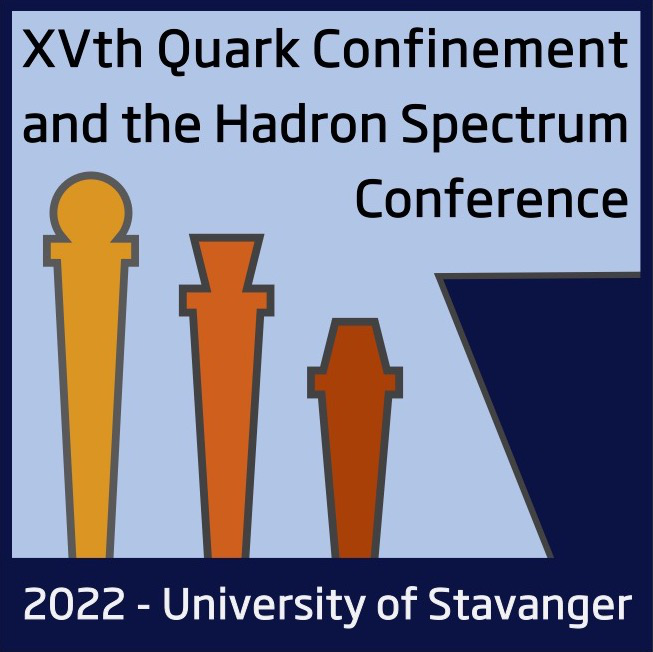Speaker
Description
We study the impact of asymmetric fermionic and bosonic dark matter on neutron star properties, including tidal deformability, maximum masses, radii, etc. The conditions at which dark matter particles tend to condensate in the core of the star or create an extended halo are presented. We show that dark matter condensed in a core leads to a decrease of the total gravitational mass and tidal deformability compared to a pure baryonic star, which we will perceive as an effective softening of the equation of state. On the other hand, the presence of a dark matter halo increases those observable quantities. Thus, observational data on compact stars could be affected by an accumulated dark matter and, consequently, constraints we put on strongly interacting matter at high densities. We will discuss how the ongoing and future X-ray, radio and GW observations could shed light on dark matter admixed compact stars and put multi-messenger constraints on its effect.

